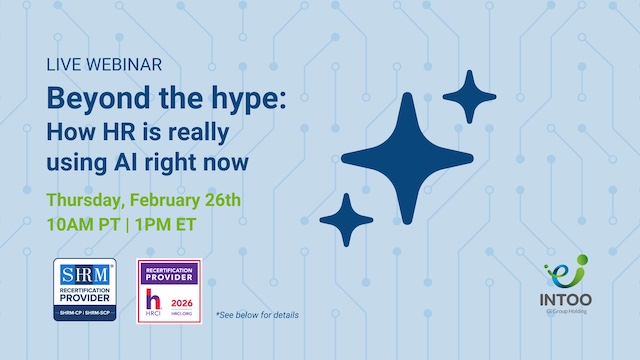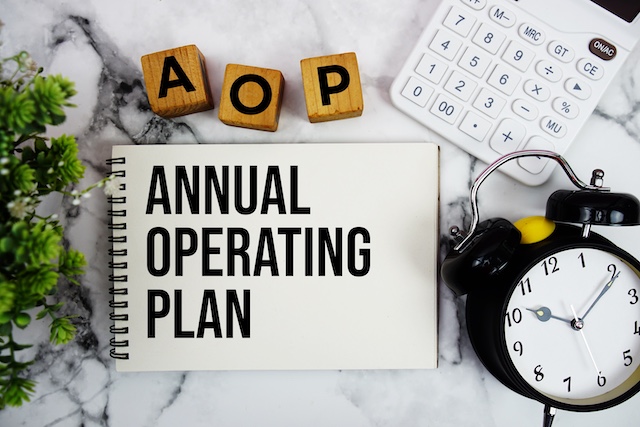What Is a 147c Letter?
A 147c letter, also known as an IRS CP 147c letter, is a document issued by the Internal Revenue Service (IRS) in response to a taxpayer’s request for confirmation of their employer identification number (EIN) or taxpayer identification number (TIN). This letter officially verifies the EIN or TIN associated with a particular business entity or individual. It contains essential details such as the taxpayer’s name, address, and EIN/TIN as registered with the IRS. Essentially, a 147c letter certifies the taxpayer’s identification number, which is often required for various business transactions, such as opening a bank account or applying for government permits. It is crucial for ensuring accuracy and legitimacy in financial and administrative dealings, serving as a critical document in tax and regulatory compliance processes.
How Do You Request an EIN Confirmation Letter?
There are two ways to request an EIN verification letter (147c letter) from the IRS:
Call the IRS Business & Specialty Tax Line: This is the most common option. Dial 1-800-829-4933 (toll-free) between 7:00 AM and 7:00 PM Eastern Standard Time (EST), Monday through Friday. Press 1 for English, then 1 again for Employer Identification Numbers, and finally 3 for “If you already have an EIN, but you can’t remember it, etc.”. Depending on your preference, the representative can verify your information and mail or fax you the letter.
Mail a written request: While less common, you can mail a written request to the IRS. You must include your business name, EIN (if known), and contact information. Send it to Internal Revenue Service, Attn: W-3 Group, CP 577, Ogden, UT 84401-0012.
Important Note: Regardless of the chosen method, processing times for issuing a 147c letter can vary. Ensure you request the letter well in advance if needed for specific purposes.
Why Do You Need a 147c Letter?
You need a 147c letter, officially known as an IRS CP 147c letter, for various business and tax administration reasons. Firstly, it serves as official verification of your Employer Identification Number (EIN) or Taxpayer Identification Number (TIN) registered with the Internal Revenue Service (IRS). This confirmation is crucial for ensuring accuracy in financial transactions, such as opening a bank account, applying for business licenses, or conducting other regulatory compliance activities. Additionally, many government agencies and financial institutions require a 147c letter as proof of your entity’s legitimacy and tax status when engaging in business activities. Without this documentation, you may encounter delays or complications in completing transactions or obtaining necessary permits. Ultimately, the 147c letter assures third parties that your EIN or TIN is valid and associated with your business or individual entity as recognized by the IRS.




